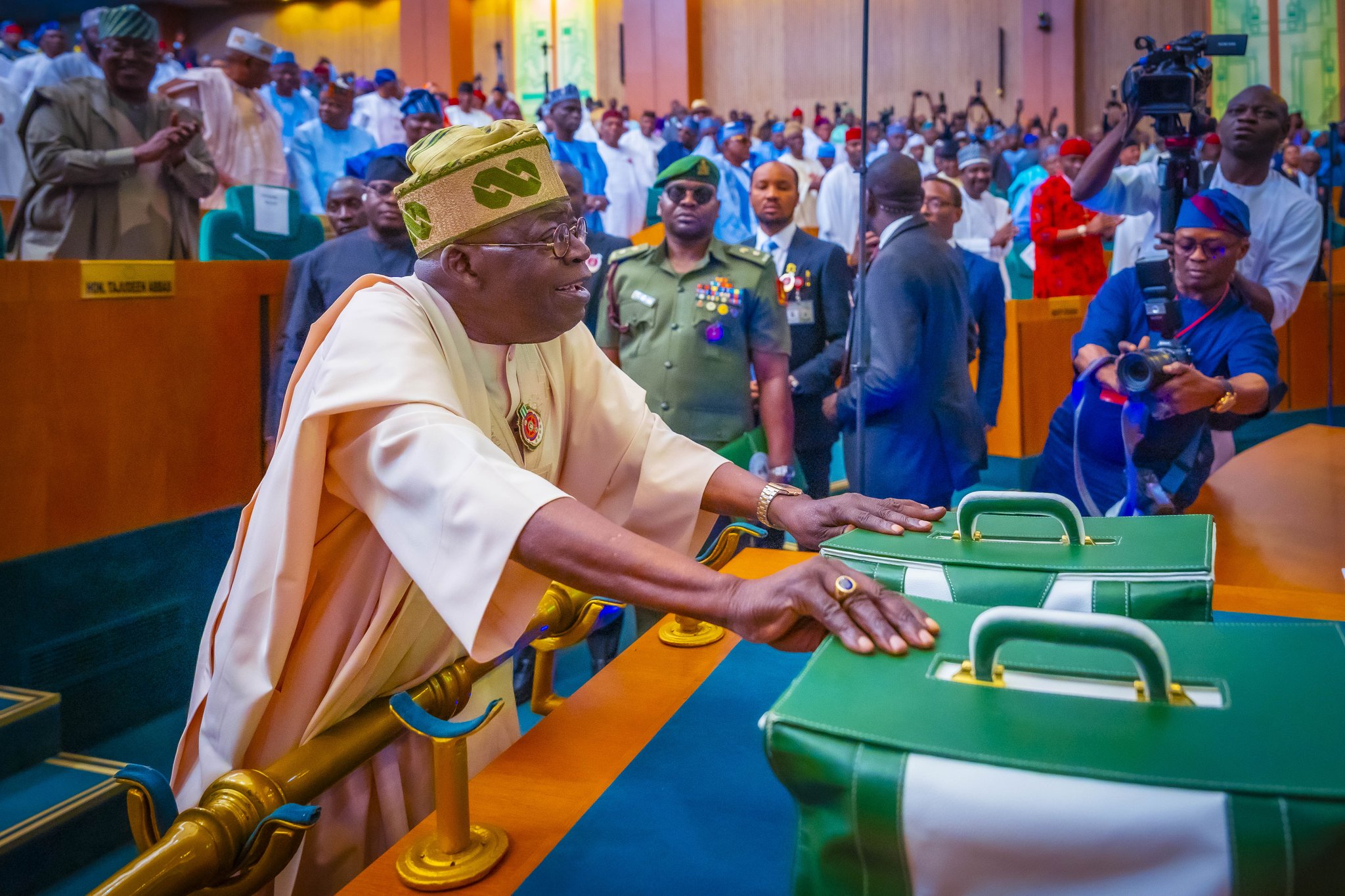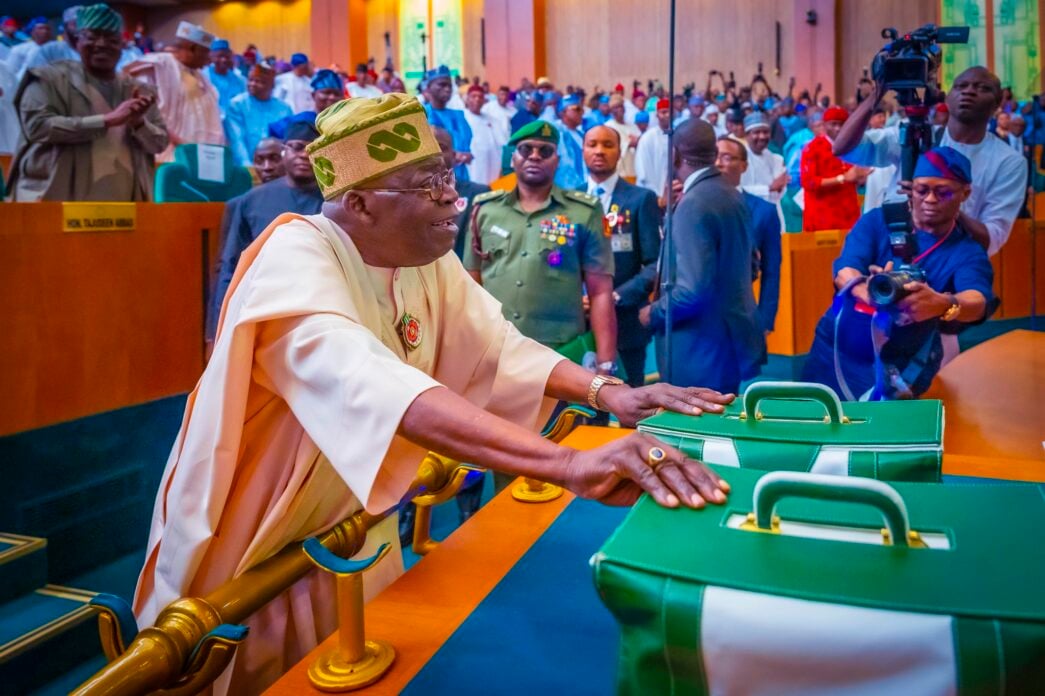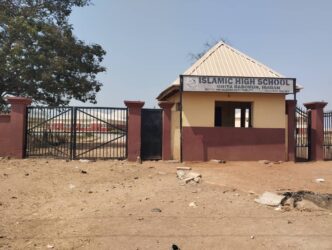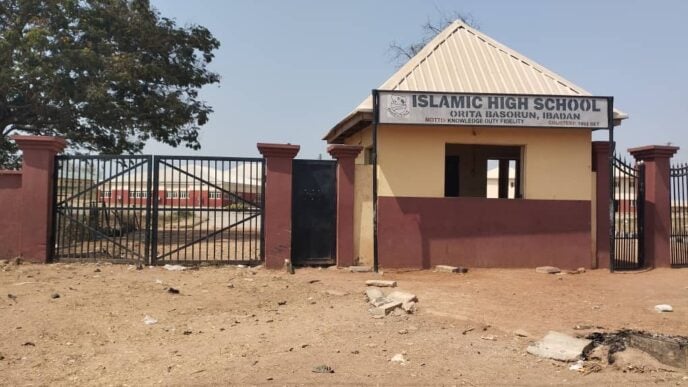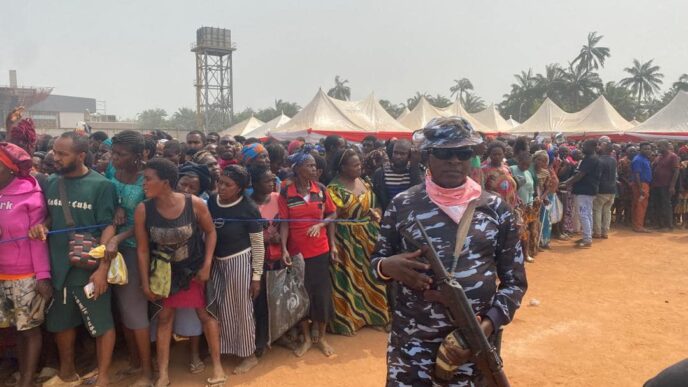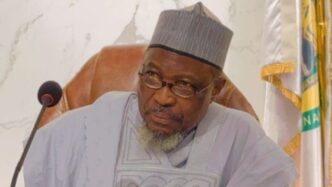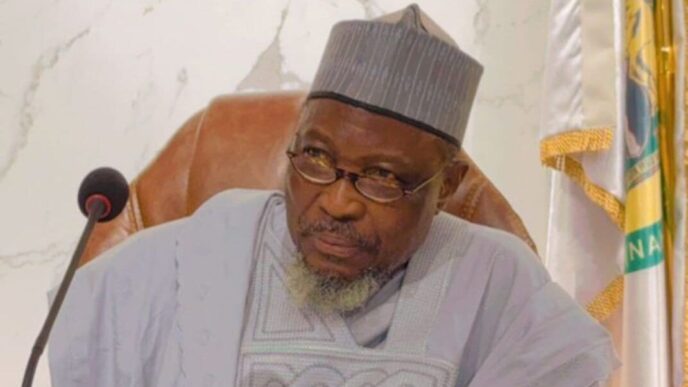BY VICTOR LIMAN AND ADE ADEFEKO
The 2025 budget proposal by the Federal Government of Nigeria reflects significant allocations across key ministries, departments, and agencies (MDAs), with a clear emphasis on defence, infrastructure, education, and health. However, a critical analysis reveals strengths and areas that warrant closer scrutiny.
Key Highlights of the 2025 Budget Proposals:
1. Defence and Security Focus:
1.1. The Ministry of Defence receives one of the highest allocations at ₦2.9 trillion, reflecting the government’s prioritization of national security in the face of persistent insurgency and banditry.
1.2. The Ministry of Police Affairs and the Office of the National Security Adviser also receive substantial funding, underscoring the government’s emphasis on internal security.
2. Infrastructure Development:
2.1. The Ministry of Works is allocated ₦1.13 trillion, indicating a continued push for infrastructure development, including road construction and rehabilitation projects.
2.2. The Ministry of Transport receives ₦256 billion, signaling the government’s focus on improving transportation networks.
Advertisement
3. Social Services and Welfare:
3.1. Education and health sectors are prioritized, with the Ministry of Education receiving ₦2.5 trillion and the Ministry of Health and Social Welfare ₦1.9 trillion.
3.2. These allocations suggest a commitment to improving human capital development and addressing Nigeria’s education and health challenges.
4. Debt Servicing:
4.1. A notable ₦16.3 trillion is earmarked for debt servicing, representing a significant portion of the overall budget. This highlights the growing debt burden and the need for fiscal sustainability.
5. Economic Diversification:
5.1. The Ministry of Agriculture and Food Security is allocated ₦636 billion, reflecting efforts to boost agricultural productivity and reduce dependency on oil revenues.
Advertisement
2. Critical Observations:
1. Debt Sustainability Concerns:
The substantial allocation for debt servicing raises concerns about Nigeria’s debt sustainability. With over 35% of the budget directed towards debt repayment, less fiscal space is available for capital projects and social welfare programs. This trend could hinder long-term economic growth unless borrowing is channelled into productive sectors.
2. Security vs. Development Balance:
While the focus on defence is understandable given the nation’s security challenges; the disproportionately high allocation may come at the expense of economic development initiatives. A balanced approach that addresses the root causes of insecurity, such as poverty and unemployment, could yield more sustainable outcomes.
3. Underfunding of Key Sectors:
Despite the emphasis on social services, sectors such as housing, water resources, and tourism receive comparatively lower allocations. The Ministry of Housing and Urban Development, for instance, is allocated ₦98 billion, which may be insufficient to address Nigeria’s housing deficit.
Advertisement
4. Transparency and Accountability:
The budget’s granular breakdown shows detailed allocations for various projects, yet concerns persist about the implementation and accountability of funds. Historical trends of budget padding and project duplication underscore the need for robust oversight mechanisms.
5. Revenue Generation:
The budget reveals no significant increase in independent revenue generation, relying heavily on oil and external borrowing. Diversifying revenue streams through tax reforms, improved trade policies, and public-private partnerships will be essential to reduce fiscal deficits.
Recommendations:
1. Debt Management Strategy:
The government must prioritize concessional loans and restructure existing debts to alleviate the debt burden. Emphasis should be placed on generating revenue through non-oil sectors, including ICT, agriculture, and creative industries.
Advertisement
2. Efficiency in Spending:
There is a need to streamline overhead costs and reduce wasteful expenditures. For instance, recurrent expenses in MDAs could be reallocated towards capital projects that yield higher returns on investment.
3. Strengthening Social Programs:
Allocations to education and health should be complemented by targeted social programs to reduce poverty and inequality. Programs focusing on youth employment and skill development will play a critical role in addressing Nigeria’s demographic challenges.
Advertisement
4. Infrastructure as a Catalyst for Growth:
Investments in infrastructure must be strategic, with a focus on projects that stimulate economic activity, such as power generation, transportation networks, and digital infrastructure.
5. Monitoring and Evaluation:
The establishment of independent monitoring units to track budget implementation and ensure project completion is vital. This will enhance transparency and build public trust in government spending.
Advertisement
Conclusion:
The 2025 budget proposal reflects the Nigerian government’s attempt to balance security imperatives with economic growth and social development. However, addressing debt sustainability, enhancing revenue generation, and improving transparency in budget execution will be crucial to achieving the desired outcomes. As Nigeria navigates its economic challenges, a focus on inclusive growth, job creation, and infrastructure development will be key to fostering long- term stability and prosperity.-
Victor Liman was the former Chief Trade Negotiator of Nigeria and Acting Director General, Nigerian Office for Trade Negotiations. He was also the Head and Trade Commissioner, Nigeria Regional Investment and Trade Office, Shanghai, China; with concurrent mandate to oversee the South Asian countries’ trade relations with Nigeria ([email protected])
Advertisement
Ade Adefeko is director of corporate and regulatory affairs at Olam Agri,chairman of the Industrial Group, Lagos Chamber of Commerce and Industry (LCCI), and honorary consul of Botswana in Lagos ([email protected])
Views expressed by contributors are strictly personal and not of TheCable.
Add a comment
